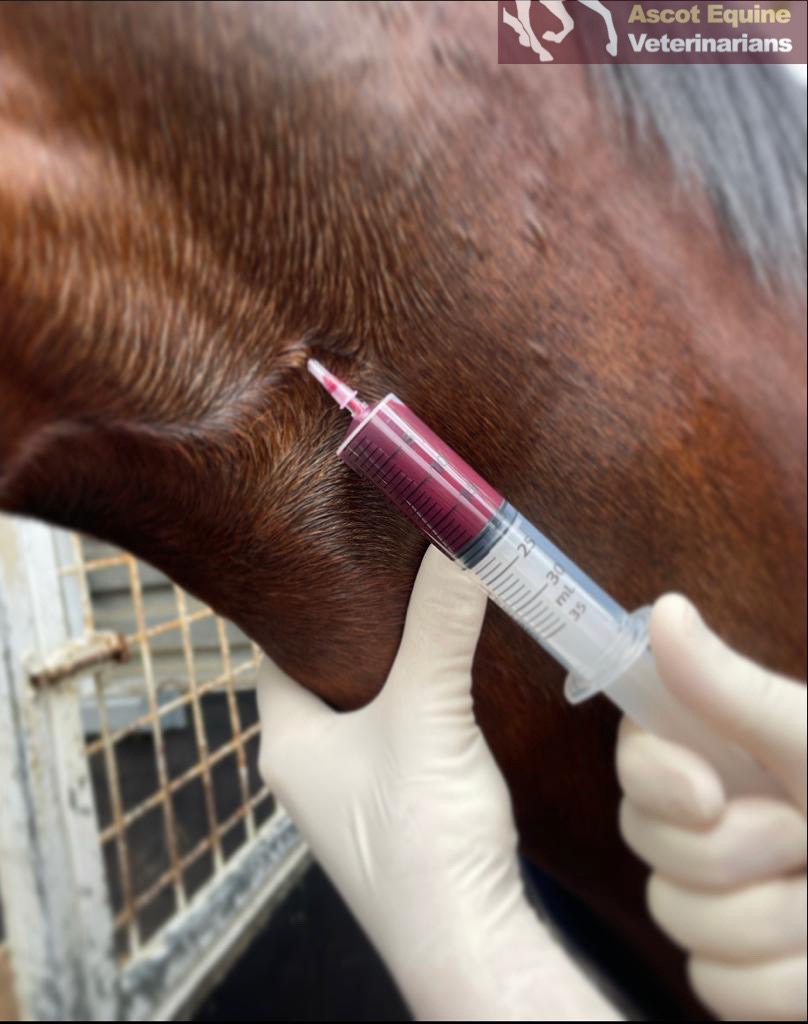At Ascot Equine Veterinarians, we are committed to providing excellence in health care to our client’s horses. To ensure that your horse remains healthy and active throughout their life, we are excited to introduce a comprehensive wellness service to our clients. This service allows us to provide the best preventative healthcare medicine, so that we can identify minor issues before they become major health problems in the future. Diagnosing problems early in the course of a disease often leads to better treatment options, better long-term prognosis, and improved overall health and longevity of the horse.
Depending on the circumstances, wellness exams can range from brief to extensive. The wellness exam also provides time for specific discussion of nutrition, vaccination, de-worming, trimming/shoeing, or any other general health concerns you may have. If you are not sure what plan will best fit your horse’s needs, please call our office to speak with one of our veterinarians who will be happy to consult with you. Plans can also be tailored to an individual horse’s needs.




